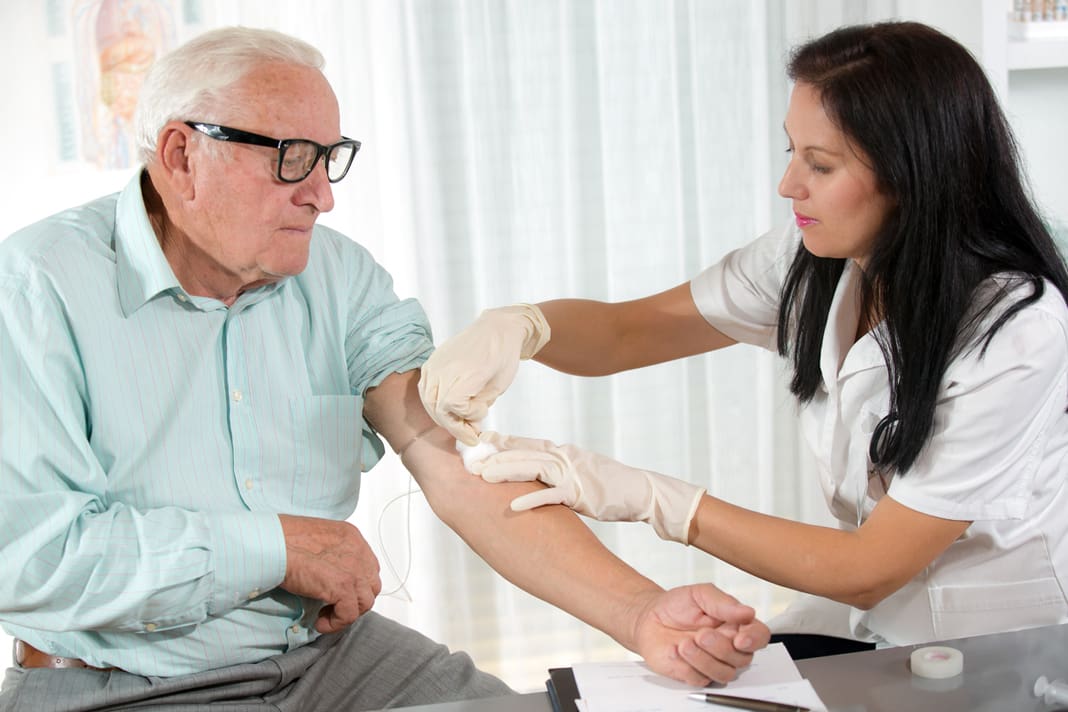In the United States, someone needs blood or platelets every two seconds.
While many would agree that the holidays are not the most convenient time to donate blood, the Association of Donor Recruitment Professionals (ADRP) indicates that the winter months leave blood banks at greater risk of depletion. The Blood Centers of the Pacific (BCP) reports that only 13 percent of blood donors in a given year are senior citizens, despite that there are no rules or guidelines suggesting that healthy seniors of any age should refrain from donating. Steve Bolton, Executive Director of the ADRP, is concerned that as many of these boomers move from blood “donors” to blood “users,” we can expect to see an even greater shortage of donations available to aid in cancer treatments, heart disease and blood disorders, emergency treatments/surgery and transplants, and other treatments.
Boomer Culture
Already ingrained with a culture of volunteerism, healthy Baby Boomers are a relatively untapped blood donation resource, likely due more to preconceived notions than medical facts. Some common medications taken by seniors, such as blood thinners or a daily aspirin, do not automatically disqualify donation eligibility. In many cases, medicine therapies can be suspended, with your doctor’s approval, for a week prior to donations without adverse consequence. Norma Espinoza, a research counselor for the Red Cross, says that, although there is no upper age limit set by the FDA, donators, regardless of age, should plan to “get rest, drink plenty of fluids and avoid skipping any meals a few days prior to donating.” Similarly, all potential donors should carefully consider a number of factors before rolling up their sleeve. These include:
- Are you in good enough health to donate? Do you feel well currently?
- Has your doctor advised you to avoid donating blood for any reason, including due to any medications you are taking?
- Do you weigh more than 110 pounds?
- Have you visited the dentist in the past 24 hours or had recent dental surgery?
- For platelet donation, are you able to comfortably remain seated an hour and a half?
- Have you recently traveled abroad?
- Have you been exposed to the HIV virus?
According to the Red Cross, all blood types are needed for donations, but A Negative, B Negative, O Negative and AB are particularly rare. For that reason, healthy seniors with those blood types are encouraged to consider contributing.
Unable to donate? Become a canteen volunteer!
Ms. Espinoza also states that canteens, or donation nutrition centers, “benefit a lot from volunteers.”
DONATE BLOOD!
So this January, in recognition of National Blood Donor Month, talk to your doctor to see if donating blood or platelets is right for you. For more information on donating or volunteering, contact the American Red Cross at (800) GIVE-LIFE, (800) RED CROSS, or online at www.redcrossblood.org.













